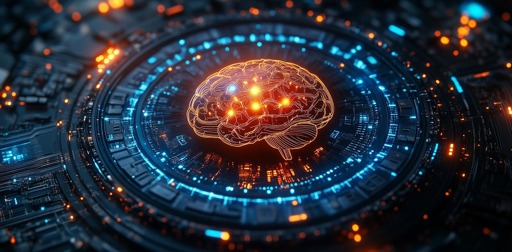The rapid spread of artificial intelligence has people wondering: who’s most likely to embrace AI in their daily lives? Many assume it’s the tech-savvy – those who understand how AI works – who are most eager to adopt it.
Surprisingly, our new research (published in the Journal of Marketing) finds the opposite. People with less knowledge about AI are actually more open to using the technology. We call this difference in adoption propensity the “lower literacy-higher receptivity” link.



While your distinctions are correct in the academic way of referring to things, you are not considering the marketing way of referring to things. Behold, the AI powered rice cooker, powered by a magnet and heat, like every other rice cooker ever (because it works really well)
https://www.youtube.com/watch?v=F_HOrMmWoMA
Marketing has decided that anything that does anything is “AI” now. Which is why people are insanely disenchanted with it.
I have a washer-dryer with an “AI mode” lol.
That toaster is what AI is. If it’s machine learning, it’s AI. If I make a toilet that uses a shitty-ass single-layer perceptron to decide when to flush, that’s an AI-powered toilet even if it’s a worthless piece of crap. You can be disenchanted with it as a gimmick all you want (I am too), but it falls under AI the same way it has since the 1950s. The marketing way of referring to things you just showed me entirely comports with the academic one provided what the label says is true.
You are technically correct and yet you are missing the original point that people expect the super-intelligent AGI of science fiction when they hear the term, no matter how much all those lesser forms are AI too by the definition of the scientific field.